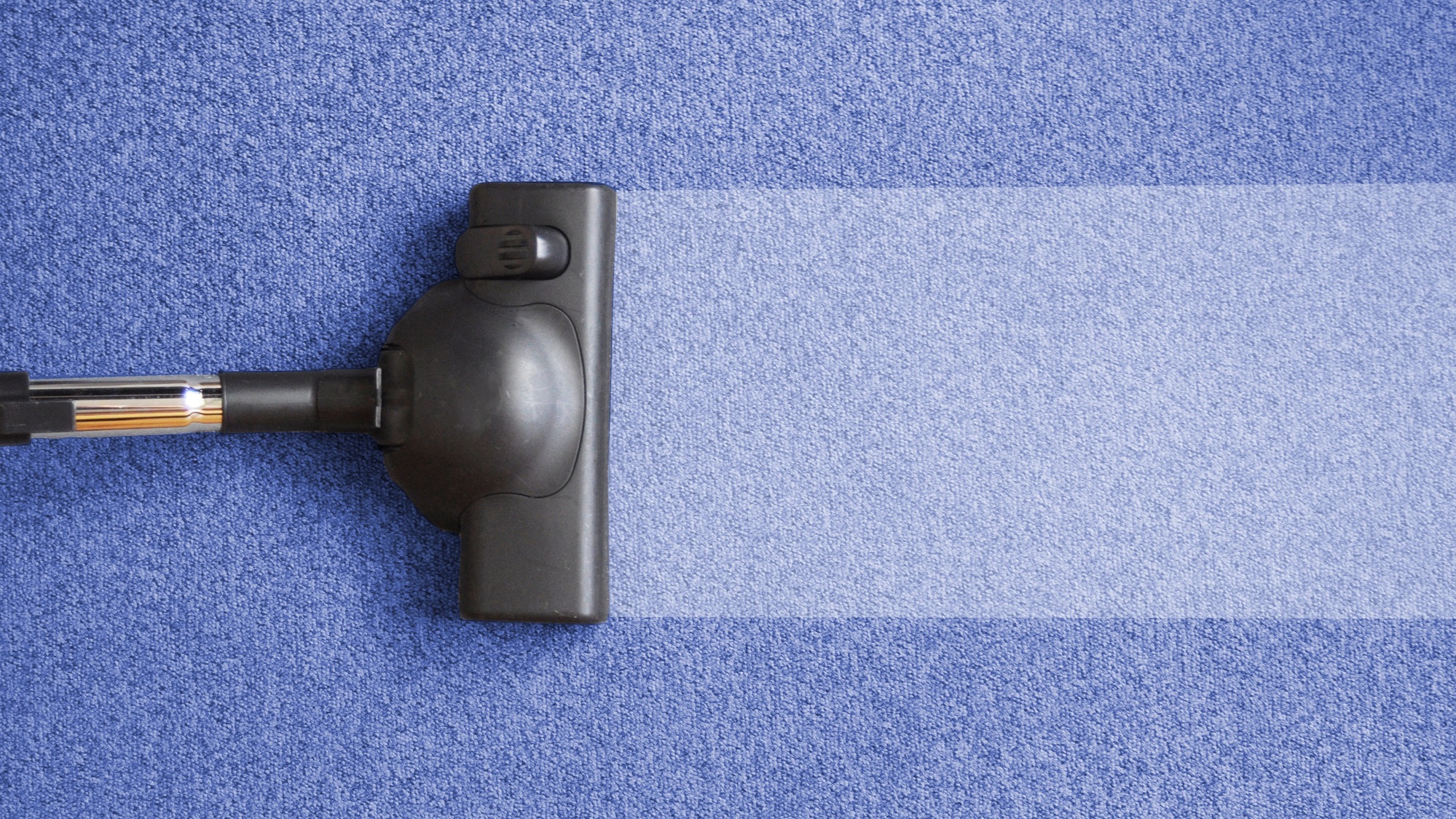Regular vacuuming isn’t just about keeping your home tidy—it’s about creating a healthy living environment. It’s not just about getting rid of visible dirt and crumbs; it’s also about banishing invisible dust, allergens, and other contaminants that can sneak into your home. These pollutants are particularly harmful to those with allergies or respiratory issues, making effective vacuuming (with the right filters) crucial for maintaining good indoor air quality.
Why Regular Vacuuming is Essential
Rolling a vacuum on your floors and surfaces removes dirt, dust, pet hair, and allergens, improving indoor air quality. Additionally, regular vacuuming preserves the longevity of carpets and flooring by preventing the accumulation of abrasive particles that contribute to wear and tear. A consistent cleaning routine not only enhances the appearance of your home but also supports a healthier living space by reducing dust and allergen buildup.
Factors Influencing How Often You Should Vacuum
Several factors influence vacuuming frequency, including the type of flooring, the presence of pets, household size, and specific health concerns. Understanding these factors can help you determine the best schedule for your home.
Type of Flooring
- Carpets: For homes with carpets, it is recommended to vacuum at least once a week. High-traffic areas, such as living rooms and hallways, may require more frequent cleans, up to two to three times a week.
- Hard Floors: Hard floors, such as hardwood, tile, or laminate, are easier to maintain and typically require less frequent vacuuming. Once a week is generally sufficient, but high-traffic areas may benefit from additional sweeps.
Pets
Pets can significantly increase the amount of dirt, hair, and dander in your home. If you have pets, especially those that shed, it is advisable to vacuum at least two to three times a week to keep your home clean and minimize allergens.
Household Size
The number of people living in your home also affects how often you should vacuum. Larger households tend to generate more dirt and debris, necessitating more frequent cleaning. In contrast, smaller households may get by with less frequent vacuuming.
Health Concerns
If anyone in your household suffers from allergies or asthma, more frequent vacuuming can help reduce allergens and improve indoor air quality. Vacuuming two to three times a week or even daily in high-traffic areas is recommended.
High-Traffic Areas
High-traffic areas, such as entryways, hallways, and living rooms, accumulate more dirt and debris. These areas should be vacuumed more frequently, ideally two to three times weekly, to maintain cleanliness and prevent wear and tear on your carpets and floors.
Non-floor Surfaces
Remember to vacuum more than just your floors. Upholstered furniture, drapes, and mattresses can also benefit from regular vacuuming. It helps remove dust, allergens, and small debris accumulating over time. For those with allergies or respiratory issues, vacuuming these less obvious places can be crucial in maintaining a healthier living environment by significantly reducing airborne irritants.
Tips for Effective Vacuuming
Effective vacuuming goes beyond just passing the vacuum cleaner over your floors. Here are some tips to ensure you get the most out of your vacuuming efforts:
- Use the Right Vacuum Cleaner: It is crucial to use the right vacuum cleaner for your flooring type. Upright or cordless vacuums with rotating brushes are excellent for carpets, while canister vacuums with soft bristle brushes are ideal for hard floors. If you have allergies or asthma, ensure your vacuum cleaner has a HEPA filter.
- Vacuum Slowly and Thoroughly: Vacuuming slowly and thoroughly allows the vacuum cleaner to pick up more dirt and debris. Make multiple passes over high-traffic areas and use different angles to ensure all dirt is removed.
- Empty the Vacuum Bag or Canister Regularly: A full vacuum bag or canister can reduce the vacuum cleaner’s efficiency. Empty the bag or canister regularly to maintain optimal suction power.
- Clean or Replace Filters: Dirty filters can hinder your vacuum cleaner’s performance and reduce indoor air quality. Clean or replace filters according to the manufacturer’s recommendations.
- Use Attachments for Detailed Cleaning: Use vacuum attachments to clean corners, edges, and upholstery. Attachments like crevice tools, dusting brushes, and upholstery nozzles can help you reach difficult areas and ensure a thorough clean.
More things to know
Is it necessary to vacuum hard floors as often as carpets?
No, hard floors typically require less frequent vacuuming. Once a week is usually sufficient, although high-traffic areas may need more attention.
Should you vacuum first or dust first?
When cleaning a room, it is advisable to dust surfaces before vacuuming to ensure that loose particles are effectively removed from surfaces like shelves and furniture. Once vacuuming is complete, you should follow up with mopping any hard surfaces. This practice helps collect all particles that settle on the floor, enhancing overall cleanliness and preventing them from re-entering the air.
Is it ok to vacuum every day?
It is perfectly fine to vacuum your home every day, especially if it helps manage allergies or if your living situation involves factors that increase dirt and allergens, such as pets or high foot traffic. Daily vacuuming can be beneficial for removing dust, pet hair, and other allergens from carpets and floors, improving indoor air quality, and contributing to a healthier living environment.
Tailor your vacuuming routine to fit your flooring type, household size, and specific health needs. By focusing on high-traffic areas and allergen-prone surfaces, you’ll be taking a big step toward improving your indoor air quality and prolonging the life of your flooring.

